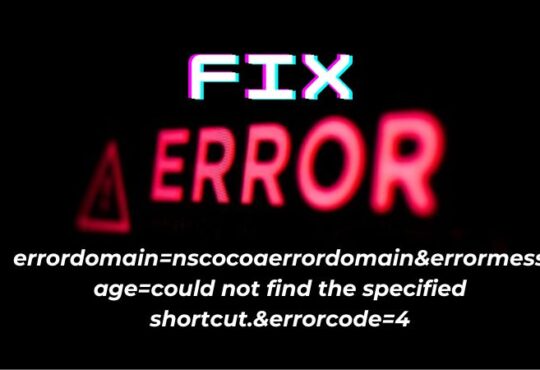
Adulthood comes with a myriad of responsibilities that can often seem overwhelming. From managing personal finances to maintaining relationships and staying on top of health, the to-do lists can appear endless. However, with the right strategies in place, this stage of life can also be incredibly fulfilling. Below, we explore some key tactics that can help you navigate the complexities of adult life with more ease and confidence.
Embracing Time Management Strategies for a Balanced Adult Life
Time management can make or break one’s daily routine as an adult. The cornerstone of managing time effectively starts with recognizing priorities and setting realistic goals. To-dos might encompass a range from critical work deadlines to personal commitments, and giving each the rightful slot in your schedule can prevent conflicts.
Implementing tools such as planners or digital calendars can aid in visually organizing your life, and setting reminders can be a helpful nudge to keep you on track. It’s imperative to also account for the unexpected by leaving pockets of free time, ensuring your schedule is resilient and adaptable to changes.
Proper time management isn’t only about fitting more tasks into the day; it’s also about carving out time for rest and hobbies. Practicing self-care is vital, and scheduling breaks is as important as scheduling work. Remember, a refreshed mind is far more productive than one on the verge of burnout.
Evaluating your time management strategy regularly to weed out inefficiencies can help maintain a good rhythm. This doesn’t only apply to work but also to mundane tasks, such as car maintenance. Scheduling routine maintenance, like Kia brake services, can ensure safety and prevent prolonged downtimes.
Financial Planning and Budgeting Essentials
Financial stability is another key aspect of a successful adult life. Creating a comprehensive budget helps you understand where your money is going. Begin by tracking your expenses, identifying essential payments, and setting aside funds for savings and emergencies. This can reduce anxiety around money and prevent debt accumulation.
Credit scores and savings plans are not the most exciting topics, but they are fundamental for long-term security. Pay bills on time and manage credit cards wisely to build a strong credit history. Investing in a savings strategy can ensure you’re prepared for future expenses, both planned and unplanned.
In our digitized age, automating payments can make financial management much smoother. For example, a Simple Mobile pay service can streamline the process of paying phone bills, alleviating the worry of late payments and keeping communications seamless.
Prioritizing Health and Wellness Amidst Busy Schedules
Health is wealth, as the adage goes, and this couldn’t be truer for those in the throes of adulthood. Amidst busy schedules, it’s essential to prioritize physical fitness and mental well-being. This starts with regular exercise, which not only keeps the body fit but also releases endorphins that improve mood and combat stress.
Good nutrition should not be overlooked. With work and personal obligations, it’s enticing to opt for convenience foods, but preparing well-balanced meals can boost energy and prevent health complications. Meal prepping for the week can be a time-saving solution that doesn’t compromise on nutrition.
Don’t underestimate the importance of mental health. Regular check-ins with yourself to assess your stress levels and overall mental state are as critical as any doctor’s appointment. Whether it’s through meditation, therapy, or simply talking to a friend, maintaining mental wellness should be high on your priority list.
Continuous Learning and Personal Development in Adulthood
Learning does not stop after formal education. The world is constantly evolving, and keeping up with new skills is crucial for both professional development and personal satisfaction. Whether it’s taking an online course, attending workshops, or simply reading books, continuous learning can enrich your life and open up new avenues.
Personal development also involves self-reflection and goal setting. Regularly take stock of your ambitions and chart a course for the future. This could mean setting targets for career progression, but also for personal achievements like learning a new hobby or improving physical fitness.
Don’t sideline the soft skills, either. Emotional intelligence, for example, becomes increasingly vital as responsibilities grow. Cultivating empathy, communication skills, and self-awareness can enhance both professional and personal relationships significantly.
Altogether, managing the many responsibilities of adulthood requires a coordinated approach, combining effective time management, health and wellness, financial savvy, relationship building, and a commitment to lifelong learning. With these pillars in place, navigating the demands of adult life can be a journey of fulfillment and continuous growth.






